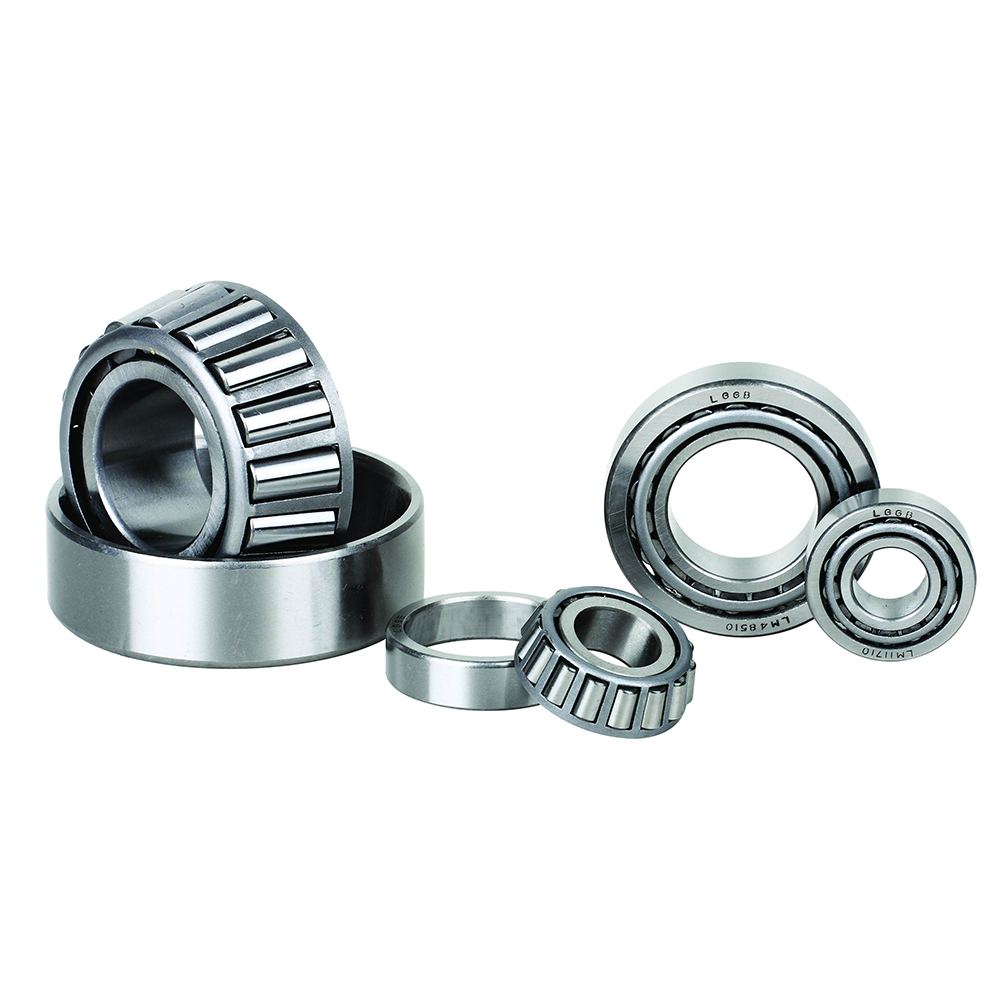Do not directly hammer the end surface and non-stressed surface of the bearing during installation. Press blocks, sleeves or other installation tools should be used to make the bearing evenly stressed. Do not install through the transmission force of the rolling elements. If the installation surface is coated with lubricating oil, the installation will be smoother. If the interference is large, the bearing should be installed in mineral oil and heated to 80~90℃ as soon as possible. The oil temperature should be strictly controlled not to exceed 100℃ to prevent the tempering effect from reducing the hardness and affecting the size recovery. When the disassembly is difficult, it is recommended that you use the disassembly tool to pull out and carefully pour hot oil onto the inner ring. The heat will expand the inner ring of the bearing and make it easier to fall off.
Not all bearings require the smallest working clearance, you must select the appropriate clearance according to the conditions. In the national standard 4604-93, the radial clearance of rolling bearings is divided into five groups-2, 0, 3, 4, and 5 groups. The clearance value is from small to large, and the 0 group is the standard clearance. The basic radial clearance group is suitable for general operating conditions, normal temperature and common interference fit; bearings that work under special conditions such as high temperature, high speed, low noise, low friction, etc. should use large radial clearance; Bearings for precision spindles and machine tool spindles should be selected with a smaller radial clearance; for roller bearings, a small amount of working clearance can be maintained. In addition, there is no such thing as clearance for separate bearings; finally, the working clearance of the bearing after installation is smaller than the original clearance before installation, because the bearing has to bear a certain load rotation, and there is also bearing coordination and load. The amount of elastic deformation.
In view of the problem of sealing defects of inlaid sealed bearings, there are two steps that need to be strictly carried out during the adjustment process.
1. The inlaid sealed bearing cover structure is changed to both sides of the bearing, and the equipment bearing installation structure is adjusted, without direct contact with the bearing, and the bearing is dust-proof from the outside of the bearing. The sealing effect of this structure is higher than that of bearings sold by bearing agents, which directly blocks the intrusion path of particulate matter and ensures the cleanliness of the inside of the bearing. This structure improves the heat dissipation space of the bearing and has less damage to the anti-fatigue performance of the bearing.
2. Although the external sealing method of the bearing has a good sealing effect, the heat dissipation path is also blocked, so cooling parts need to be installed. The cooling device can reduce the operating temperature of the lubricant. After cooling, it will naturally dissipate heat, which can avoid the high-temperature operation of the bearing.
Post time: Nov-04-2021


